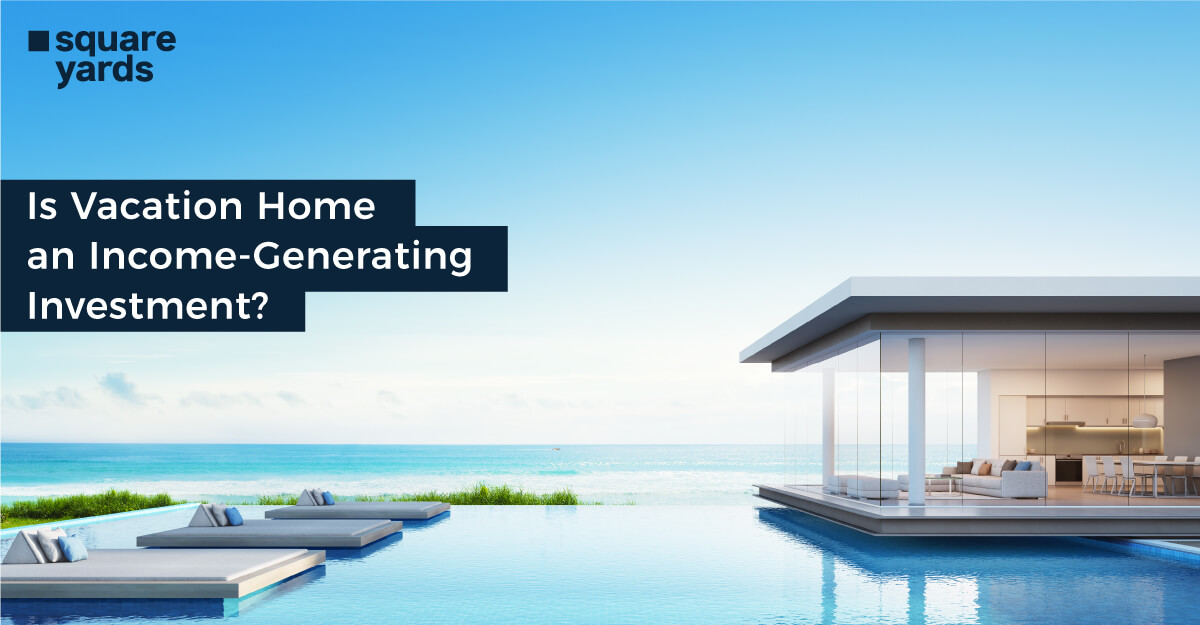Over the past ten years, the popularity of buying vacation property has skyrocketed. Vacation properties have become even more popular since millennial travellers caught wind of them. Although they were previously chosen by many clever families searching for additional rooms and more savings. The thrill-seekers began favouring unique accommodations over hotel rooms. More people are now looking for short-term accommodations such as vacation properties as an alternative to social isolation, which is yet another reason why they are in demand.
Vacation property investments may be enticing in this environment. However, buying vacation properties requires labour and has its challenges, just like any other endeavour. Before buying vacation property of your own, it’s a smart idea to analyse the advantages and disadvantages.
This article lays out all the possibilities of whether renting or buying vacation property is a safe investment bet.
The Costs of Buying a Vacation Home Property

When buying vacation properties, the monthly mortgage payment is probably the main expense. A second home mortgage would often have interest rates that are 0.5 to 0.75% higher than those that would be eligible for a primary dwelling.
Picture a vacation property with a sale price of $300,000 as an example, with a 20% down payment of which $60,000 is the contribution. With a 25-year mortgage term and a 4% interest rate, a mortgage will cost $1,260 per month. This implies that the annual cost of just the mortgage payments will be around $15,120. Expenses that should be taken into account in addition to the capital investment and mortgage instalments include –
-
- Municipal taxes, insurance, utilities, equipment and supplies for maintenance
- The monthly cost of management
- Travel expenses to and from the property
There are several costs to keep in mind before buying a vacation property and implementing an investment.
Expected Returns on Vacation Home Properties

Have you thought of the financial investment in Canada from owning a vacation property? This is an upside to the investment. For 10 years up until 2021, we saw an increase in Canadian real estate prices of roughly 8.2% annually. It has increased by around 5.8% over the previous 30 years. Different cities have experienced significantly varied growth rates. The top destinations for buying vacation properties in Canada are Ottawa, Victoria, Whistler, Montreal, Niagara Falls, and Banff.
Additionally, post-pandemic prices have decreased drastically in 2022. However, a more acceptable long-term growth rate for real estate, is 2-4%, given the Bank of Canada’s 2% inflation target, despite the current surge in the cost of living.
Owners of vacation rentals ought to aim for a minimum return on investment of 10%. As a result, your annual income minus expenses such as net operating costs, including any mortgage payments, should equal at least 10% of your initial investment.
A fair return on your investment is often 15% or higher. An appropriate return rate is approximately 10%, according to the cap rate estimate. The cash-on-cash rate indicates that a reasonable return rate varies between 8 and 12%. Several investors would not even evaluate a property until the calculation showed a return rate of at least 20%. The varied percentage depends on the neighbourhood and property type.
Therefore, in a hypothetical situation, the value of a vacation property is $500,000 and increases by 3% annually, which would amount to $15,000 in the first year. Accordingly, the net cost of owning the vacation property in the first year is 4.5%, which is $22,500 or 7.5%, which is $37,500 or 3%, which is $15,000.
Buying vs Renting a Vacation Home

Vacation property investment is either a liability or an asset. It completely depends on the property owner. Due to the high number of unforeseen expenses, having a second property is rarely financially advantageous. People frequently think they are purchasing an asset when, given all the monetary outflows, they are purchasing a liability.
The second home or vacation property will likely result in additional debt on a family’s income statement and increase extra costs such as property taxes, upkeep, and insurance unless the buyer is paying in full. Given these costs, staying in a hotel or using a service like Airbnb or VRBO would probably be preferable.
In light of the expenditure and danger associated with real estate, an investor might do better investing their funds in the stock market.
However, there are specific situations where purchasing vacation properties sounds plausible. Purchasing a vacation property might make logical sense if the buyer can maintain a comprehensive investment portfolio while simultaneously earning enough money from rentals to pay the mortgage, insurance, and taxes. However, this is only feasible if they have sizable financial resources or the vacation property is extremely affordable.
These people typically make decisions completely based on emotion, regardless of the financial implications.
Tax Implications of Renting Your Vacation Home
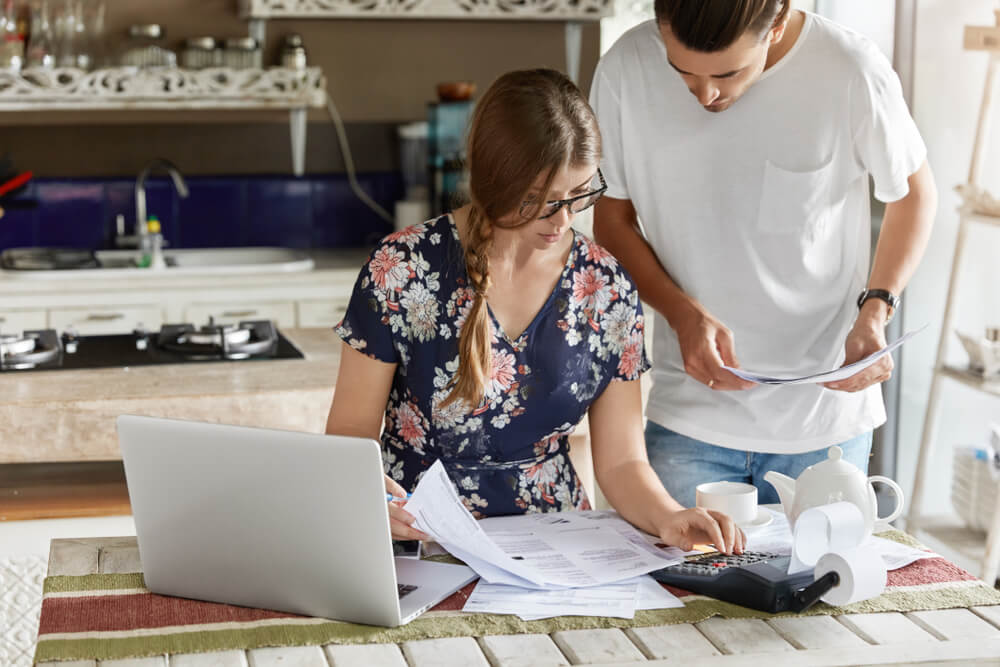
Buying a vacation property would be financially feasible if the owner intended to rent it out to generate extra money. However, it has tax repercussions if one adheres to this.
Earnings from vacation rental properties are taxable. Nevertheless, there are certain tax advantages to renting out a vacation property that you own. The deductions are determined by the percentage of the year that the property is leased out. Therefore, 50% of your relevant expenses could be tax deductible, whether you use it for six months of the year while renting it out or for the other six months. Expenses that qualify include –
-
- Home loan interest
- Property tax
- Repairs work
- Condo fees
- Upkeep
- Utilities
- Insurance
- Fees for property management
- Other additional expenses
Additionally, a property owner may be obliged to register for and collect sales tax if their short-term rentals—that means, both daily and weekly rentals—exceed $30,000 during four successive quarters. Whenever the owner sells the property or changes its primary use from short-term rentals to mostly personal use, sales tax may be due.
Financing The Purchase of a Second Property
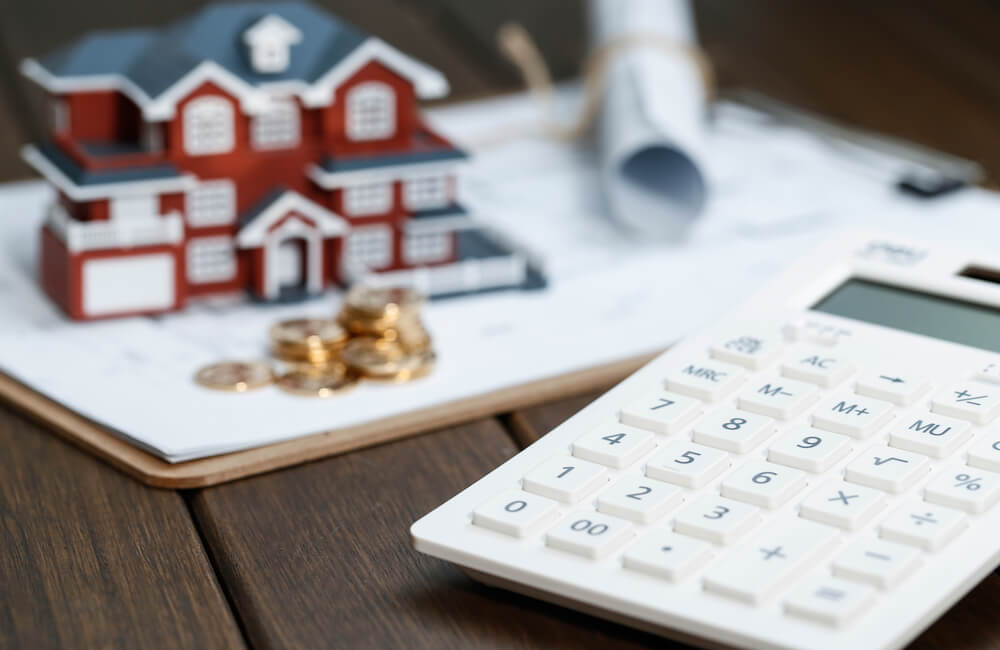
One might be able to contribute as little as 5% of the property value when financing a vacation property with a real estate mortgage process if the house is updated with plumbing, power, and heating. A house that you intend to rent out might require a 20% down payment, whereas a seasonal cottage might just need a 10% minimum down payment. Furthermore, depending on your salary and other considerations, you could face additional borrowing restrictions.
Larger down payments may be necessary to be approved for a mortgage from a mortgage broker for properties bought in the US, Canada, or other countries. There will probably be tax repercussions in that country if the property is rented out or purchased.
A vacation property, even though it is located in another country, can be regarded as your primary dwelling. When the property is sold, one can claim a primary residence deduction. If you and your spouse or previous partner possess numerous vacation properties, at least one of them will eventually be liable for capital gains taxation. The reason being you are only allowed to have one principal residence in a given year.
The Pros of Buying a Vacation Property

The obvious advantage of buying vacation property is the additional revenue one could earn by renting it out to visitors and travellers. Owners, on average, earn $924 per month for renting out their vacation properties on Airbnb. That’s only one platform, though. One has more options to earn maximum income if you advertise the vacation property on the other most popular vacation rental websites, such as Vrbo and Booking.com. The ideal vacation rental property in Canada with the requisite amenities can produce an income stream. The following elements may tilt the scales in your favour –
-
Location Availability and Tourists Preferences

Assess well-known vacation spots that lure tourists all year or over many seasons. Evaluate the extras the guests are willing to pay for when choosing amenities and inclusions. For instance, according to our research, pet-friendly vacation houses can generate an additional 10–20% in revenue.
-
Equity Growth
Investing in buying vacation property can be a wise approach to guaranteeing a bright financial future and investment portfolio. Property in the real estate industry typically increases in value over time. The same applies to a vacation property.
Ponder about implementing changes and purchasing facilities that will appeal to visitors and increase your appreciation. For instance, according to research studies, vacation properties with hot tubs generate an additional 15–20% of revenue.
-
Additional Tax Benefits
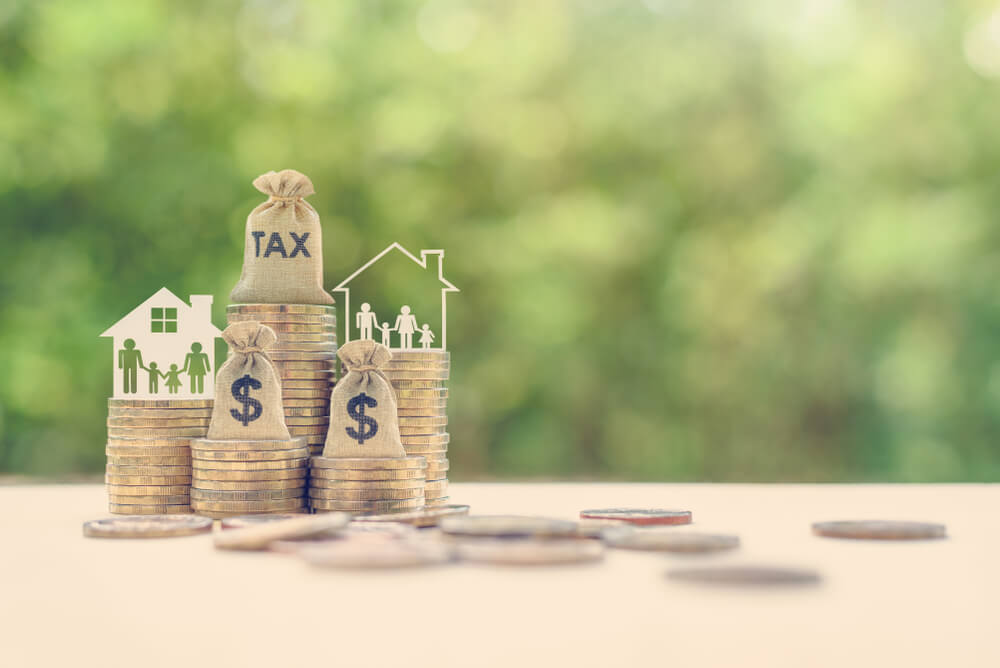
Since renting out a buying vacation property is a business, one could be entitled to deduct maintenance and repair costs. Here is a list of potential exemptions one may be able to render –
-
- Operating expenses for services like Vrbo and Airbnb Utilities
- Guest resources such as housekeeping
- Utilities
- Fees for Property Management
- Property taxes
- Insurance costs
- Home loan interest
- Garden or lawn maintenance
It is advised to consult with a tax expert to discuss one’s tax liabilities and how to optimise deductions, as tax legislation can be tricky.
-
A Personal and Private Escape
Besides running it as a business, one can use it for personal use as well. Take your partner or family and enjoy a weekend break or a month-long holiday. One can anticipate more than just making extra money when they invest in a cottage, cabin, or vacation home in their preferred ski resort or a beach property in their preferred seaside location.
The Cons of Buying Vacation Property
-
Unforeseen Expenditure
Have a plan for the unexpected after carefully estimating anticipated costs such as mortgages, garden and lawn maintenance, insurance, and utilities. The best and most straightforward course of action is to put money away for unexpected expenses. This will make it easier for you to monitor your income stream and prevent a sudden decline in your ROI. Selecting a suitable partner for vacation rental management is also essential.
-
Variable Vacation Rental Laws and Rules
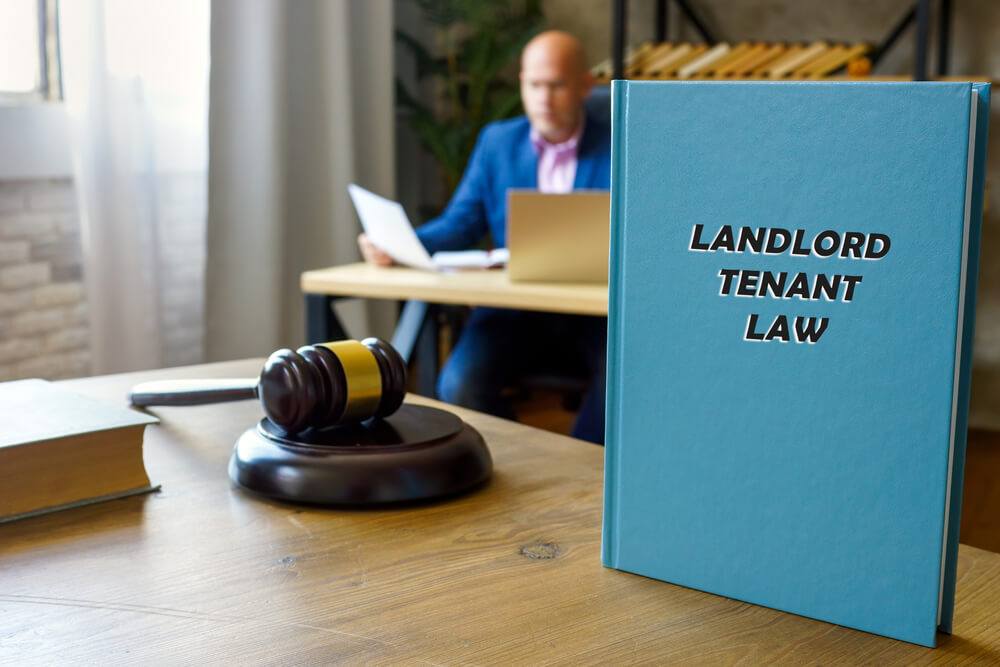
Short-term rentals are subject to a variety of rules, laws, and ordinances depending on the location. While some places impede citizens’ attempts to profit from tourism, other places encourage it. Some communities set oppressive limitations on homeowners’ abilities to rent to tourists. This makes vacation property hunting a strenuous task. Ideally, one should check the listings of the best markets for holiday rentals. The only places on this list that permit short-term rentals are also popular tourist destinations.
After that, work with a seasoned real estate professional who focuses on vacation rentals in your target market. Local real estate brokers can help with regulations and licenses and are intimately familiar with their local markets.
-
Vacation Property Maintenance
Are you considering running your vacation rental independently? Prepare yourself for a work overload. The front desk representative, the housekeeper, the repair technician, and other positions may fall within your purview as the owner. Regular maintenance, replenishing linen and towel supplies, fixing any broken objects, and attending to all visitor needs fall under your responsibility. Ease those duties off your shoulders by partnering with a full-service vacation rental management company. To ensure that your house is kept spotless and in excellent shape for each visitor’s stay, they’ll have a crew monitor and maintain your vacation property.
-
Ongoing Marketing Promotions
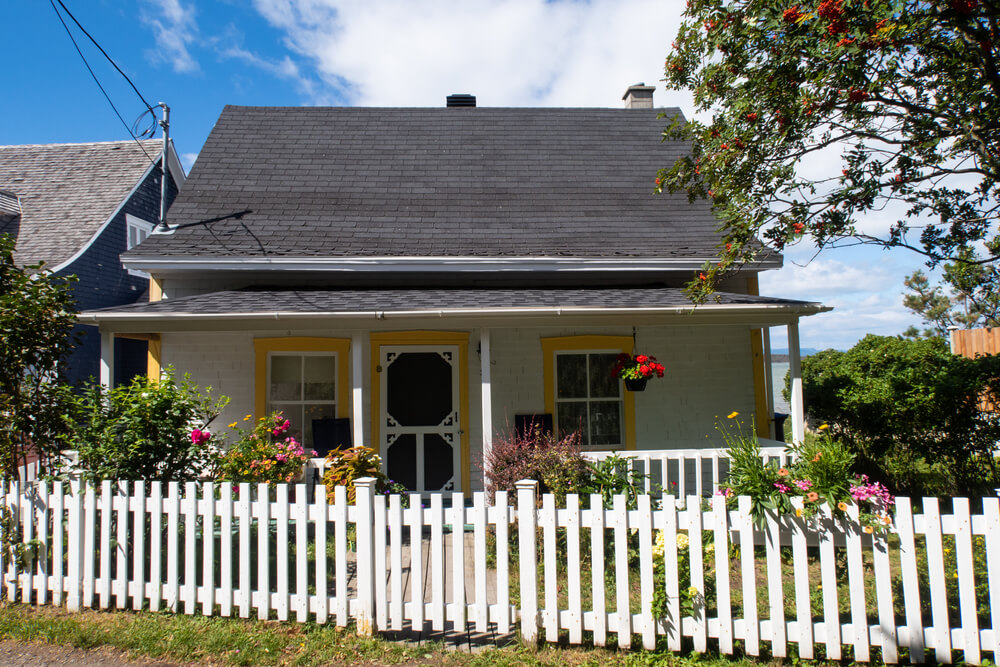
Before guests can make a reservation, they must be able to find your vacation property. That necessitates marketing. Starting from the ground up, this entails capturing appealing property images, creating listing descriptions that sell, and furnishing your space with furnishings and decor that complement the location and appeal to contemporary visitors. The next step is to list your vacation property on all the leading online booking platforms, including Vrbo, Airbnb, and Booking.com. Creating a page on leading social media platforms to market your property might generate business, but it needs consistent work and uploads to gain traction.
Furthermore, regularly updating rental pricing and calendars, addressing inquiries and reviews, and improving your vacation rental ads to attract the most visitors is necessary yet taxing.
Final Thoughts
If a vacation property proves to be a wise investment, it ultimately comes down to how you intend to use the property. Vacation property investment can prove to either be a liability or an asset. It has the potential to be a long-term investment if it is intended to be used primarily as a holiday rental property. Patience is crucial since it takes time for the initial costs to be recovered. On the other hand, if the residence is primarily intended for personal use, it should not be seen as an investment but rather as a place for leisure and comfort.
Given all the factors, one should only purchase a vacation property that one can afford, not solely based on projected financial gain.
You May Also Read :
| Vacation Home Rental in Toronto | All About Vacation Home Rental in Toronto |
| Popular houses in Canada | Guide To Popular houses in Canada |
| Best Places to Visit in Canada | Overview of Best Places to Visit in Canada |
| Investing in Rental Properties | Steps To Investing in Rental Properties |
| apartment Decor ideas | Guide To Rental apartment Decor ideas |
| Tenants rental problems | Common Tenants rental problems |
Frequently Asked Question (FAQs)
Can I buy a holiday home in Canada?
Anyone, whether a citizen, a resident, or a non-resident, is free to purchase real estate in Canada without restriction. One will be able to purchase land in Canada regardless of the status as a non-resident who resides permanently in another nation.
What is the 14-day rule in real estate?
The Augusta Rule, often referred to as Section 280A by the IRS, permits homeowners to rent out their residence for up to 14 days annually without having to disclose the rental revenue on their tax return.
Is vacation homes tax deductible?
Property taxes for the time your vacation home was available for rent may be deductible if you utilise it as a rental. Taxes on real estate can be written off while it is being advertised. The period house is undergoing renovations, however, is not eligible for a property tax deduction.
What is considered a vacation property?
Typically, vacation properties are used for the following factors: A house that will be used for recreation purposes going forward and a financial asset that can provide investment returns, rental income, or perhaps both.
What is the difference between a second home and a vacation home?
A second house is typically considered a real estate asset that is owner-occupied, indicating the owner will be residing there at minimum half of the time. This category belongs to a vacation home, cottage, or a weekday dwelling for someone who commutes a long way to a city job. A vacation home and a second home mean the same. However, most vacation homes are put out on rent to generate extra income.

